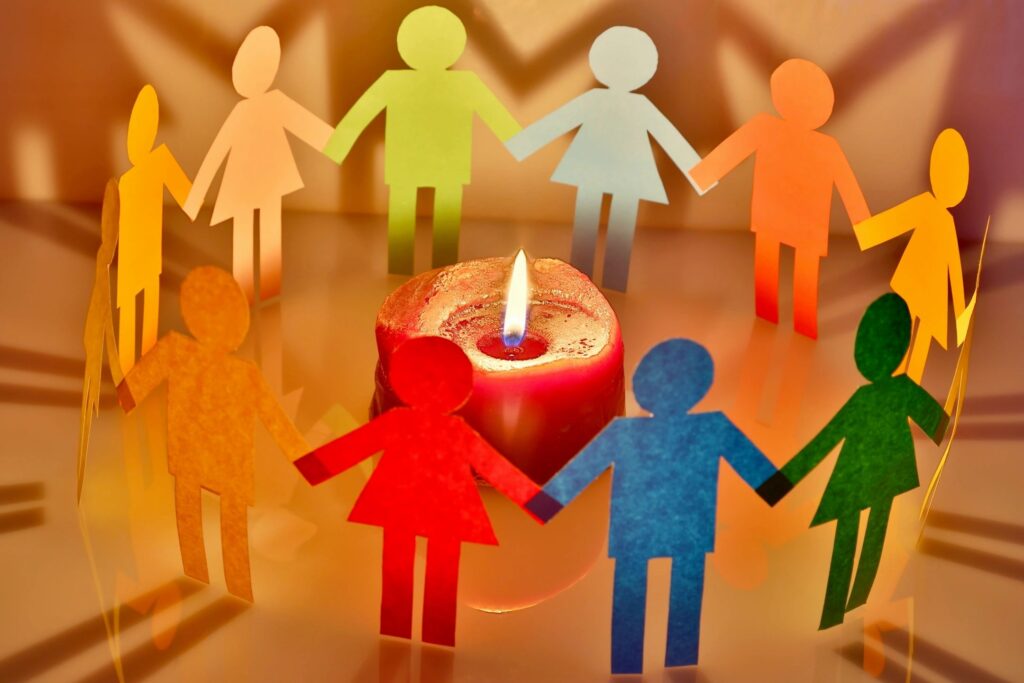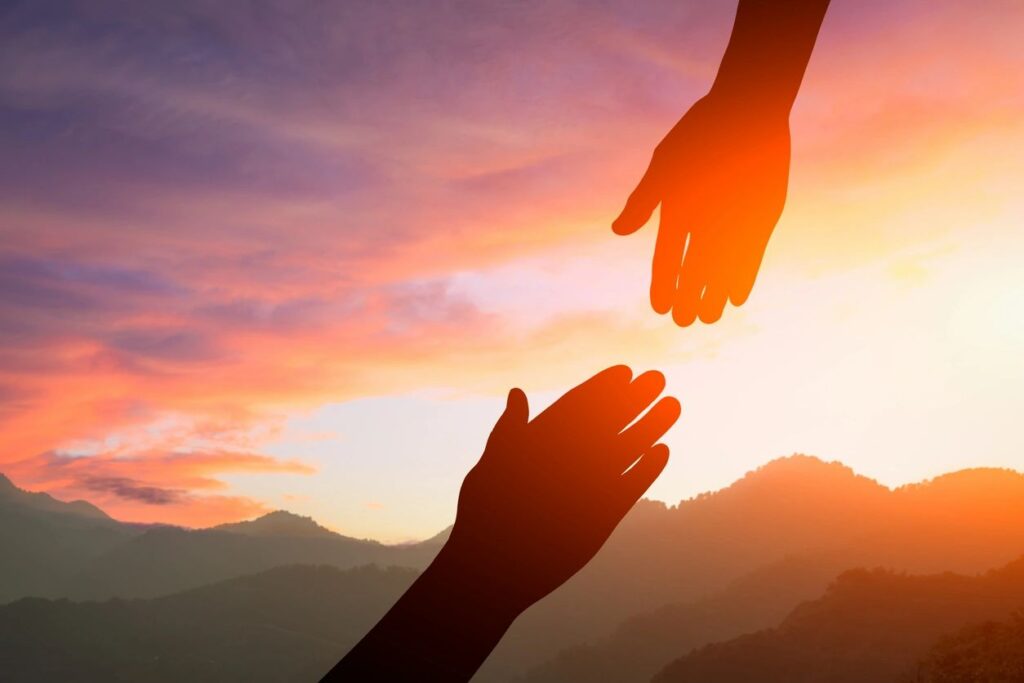What Does a Death Doula Do?
Also known as a Soul Midwife or an End of Life Guide, a Death Doula receives special training to help care for individuals and their loved ones throughout the extensive spectrum of end of life needs. We not only assist with practical needs at end of life, but we allow emotional, physical, and spiritual wishes to guide our work. In essence, Death Doulas care for the dying and their circle in totality: in mind, in body, and in spirit.
While Death Doulas are primarily known for supporting individuals as they near death, we can work with those at any age or stage of life. Your Death Doula can help create an end of life plan or move you through any anxieties about death. Regardless of diagnosis, your Death Doula can work with your medical team to encourage treatment plans that include complete and holistic care. As we are able to commit more time and specified care to our patients, your Death Doula can expand on the incredible work that hospice provides at end of life.
Some of the most common offerings that Death Doulas provide are:
*Designing a robust end of life care plan at any stage of life
*Creating a comprehensive vigil plan for one’s final days
*Bringing a peaceful presence to the bedside and holding space for the sacred
*Providing loving care for the body after death and conducting home funerals
*Supporting loved ones in their mourning and grief
Death Doulas advocate for normalizing death and grief, and they honor the embrace of a meaningful and personal death.
What is a Conscious Death?
It all comes down to intention. Bringing deliberation to our desires for the end of life is deeply important. It is essential to put aside all preconceived notions and cultural suggestions about what a death “should” look like, and instead dig deeply into ourselves to discover what feels right for each of our souls. A conscious death is always guided by the unique wishes and care choices of the dying and their circle. A conscious death is deeply personal, and can bring peace, healing, love, and comfort to all involved in the dying process.
In our Western culture, dying has become increasingly medicalized. Many of us are trained to see death as failure; often times, everything is done to prolong life. Studies show that 80% of Americans would prefer to die at home, yet only 20% actually do – most die in hospitals, with only about 20% living their last days in nursing homes. Collectively, we have forgotten how to die a conscious death. For thousands of years, our ancestors have cared for their dying. Let’s reclaim this essential duty and treat it as the gift it is.
“Re-examine all you have been told
in school or church or in any book,
and dismiss whatever insults your own soul…”
-Walt Whitman


